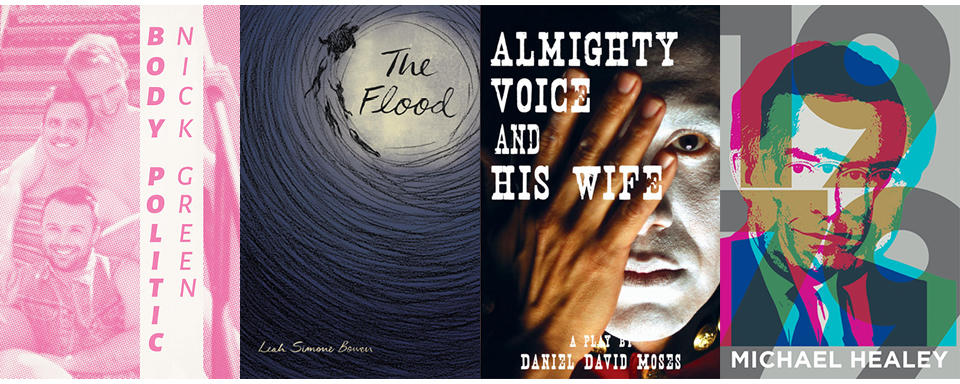
Distinctly Canadian stories
In honour of World Theatre Day (Friday, March 27), we wanted to show off some distinctly Canadian stories that trace Canada’s often troubling past, especially its history of discrimination. This is drama, after all, and theatre is an outlet to process and reflect on troubling times. From the hanging of a Black slave in Montreal in the 1700s to the rallies and raids ignited by a gay-liberation newspaper in the 1970s and ’80s, these plays are all fictional works inspired by very real moments in Canadian history, often with a mirror pointed at the present.
The Flood and other misadventures of the female prisoners of the St. Lawrence Market by Leah Simone Bowen
In the basement prison below Toronto’s largest market in 1887, two women named Mary—one a shunned, pregnant Irish immigrant, the other a vilified Mississauga woman—become an unlikely pair as they form a friendship within their cold, shared cell. Their bond threatens fellow inmate Sophia—who calls herself the first Black woman in Canada and the leader of the prisoners—and she plots to use the women to gain better treatment for herself. But as melting ice water pours into the prison from Lake Ontario, the forgotten women of Toronto must come together to survive.
Almighty Voice and His Wife by Daniel David Moses
Almighty Voice and His Wife shakes up a familiar story from the Saskatchewan frontier, reimagining it from the postmodern late twentieth century. The “renegade Indian story” transforms into both an eloquent tale of tragic love and an often hilarious, fully theatrical exorcism of the hurts of history.
Body Politic by Nick Green
In 1971 Phillip was on the cusp of starting something big. Something that would make history. Now he’s an aging journalist trying to make sense of Grindr. Phillip was a founding member of The Body Politic, a gay-liberation newspaper based in Toronto. As he recounts memories of censorship battles, police raids, historic rallies, and the onset of HIV/AIDS during an intimate encounter with a younger man, their generational differences shine a light on the massive shifts in queer identity and politics over the last fifty years.
The Colony of Unrequited Dreams by Robert Chafe
Based on the classic novel by Wayne Johnston, The Colony of Unrequited Dreams is a fictionalized portrait of Joseph R. Smallwood, the controversial political figure who ambitiously led Newfoundland into Confederation with Canada and became its first premier. Spanning two decades, Smallwood’s story is propelled by the fictitious Sheilagh Fielding, a caustic newspaper columnist whose battles with the past find full expression in her tireless dogging of Smallwood’s climb to power.
Whimsy State, or the Principality of Outer Baldonia by A.J. Demers
It’s 1948 when fishermen Russ, Elson, and Ron discover that the Canadian government plans to open their Atlantic commercial fishing rights to the Spanish, posing an overcrowding threat to business and wildlife, so they decide to declare independence on a small island off the coast of Nova Scotia: henceforth, they shall be known as the Princes of the Principality of Outer Baldonia!
Angélique by Lorena Gale
Angélique reimagines the historical events that led up to how in 1734, a young enslaved Black woman named Marie-Joseph Angélique was publicly hanged for allegedly setting fire to Montréal. From the abuse she suffered at the hands of her owners to her relationships with other servants and slaves, Angélique’s rage grows, showing the often-forgotten history of slavery in Canada.
Pugwash by Vern Thiessen
In 1957, barely a decade after the first use of atomic bombs, the world is divided and fearful of the real threat of nuclear weaponry. In an effort to understand the devastating effects of radiation, leading scientists and academics—world-renowned “Thinkers”—are invited to a conference in the small town of Pugwash, Nova Scotia. Two local children, Conni and Jamie, take interest in some of the Thinkers, who are humbled by their innocent welcome. But a spy disguised as a reporter has conned Jamie for information to use against the Thinkers, putting the entire conference—and the town of Pugwash—at risk.
1979 by Michael Healey
It's December 1979 and Joe Clark's minority Progressive Conservative government is under threat of dissolution before it has a chance to accomplish anything — even pass a budget. But Clark is young and idealistic, resolute on making his mark in office. When he steals a moment at his desk to make a crucial decision, his colleagues, including Brian Mulroney and Pierre Trudeau, take the opportunity to steer him in different directions.
Oil and Water by Robert Chafe
In 1942 the USS Truxtun, a ship carrying over a hundred sailors, ran aground on the Burin Peninsula in Newfoundland, killing most of its men. Oil and Water is the incredible true story of the sole African American survivor of the wreck, Lanier Phillips, the first black man to be seen by some of the residents of the town of St. Lawrence.
Maggie and Pierre by Linda Griffiths
Maggie and Pierre chronicles the public and private relationship between Pierre Trudeau and Margaret Trudeau from 1974-1980. In this mock epic tale three characters, Pierre, Margaret, and Henry, a newspaper reporter, navigate the landscape of a changing nation and opposing ideals.
Strike! The Musical by Danny Schur and Rick Chafe
In 1919, a general strike shut down the entire city of Winnipeg for six weeks and became the nation's battleground for the democratic dream. In Strike! (also now adapted into a film named Stand!), Mike Sokolowski and his godson Stefan clash after escaping Europe only to become “enemy aliens” in Canada. Where Stefan finds social justice in the strike, Mike sees a threat to his slave-wage job—his only hope of saving his family from revolution in Ukraine. When Stefan falls in love with Rebecca, a pro-strike Jewish suffragette, making a deportation target of them all, Mike turns against the strikers and their growing hope of changing the world.
Want more? Check out our History category!
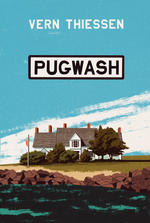
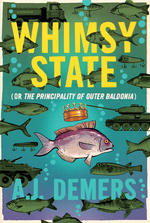

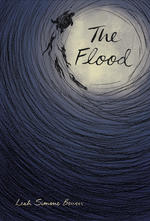

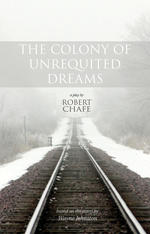
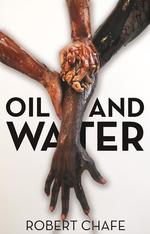
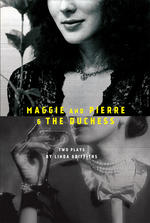

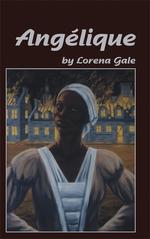


Comments